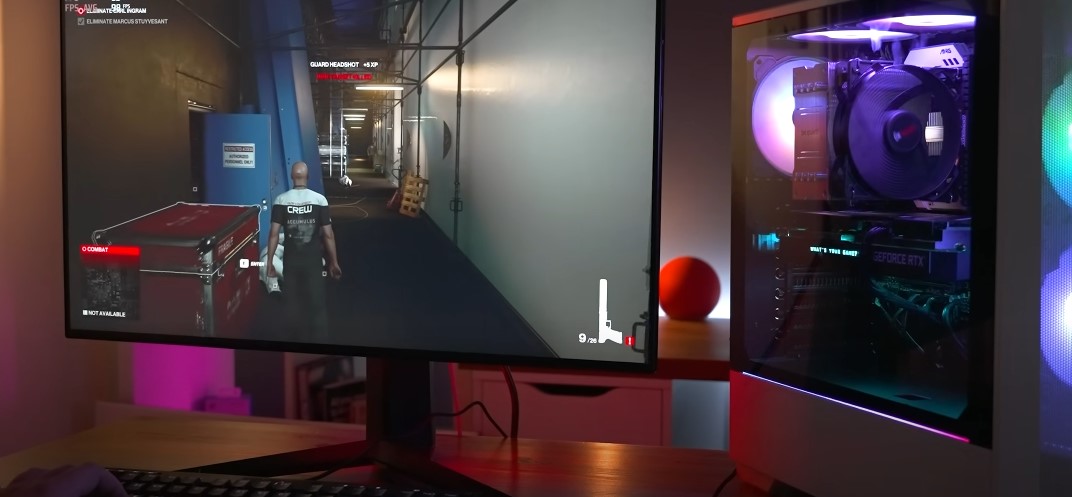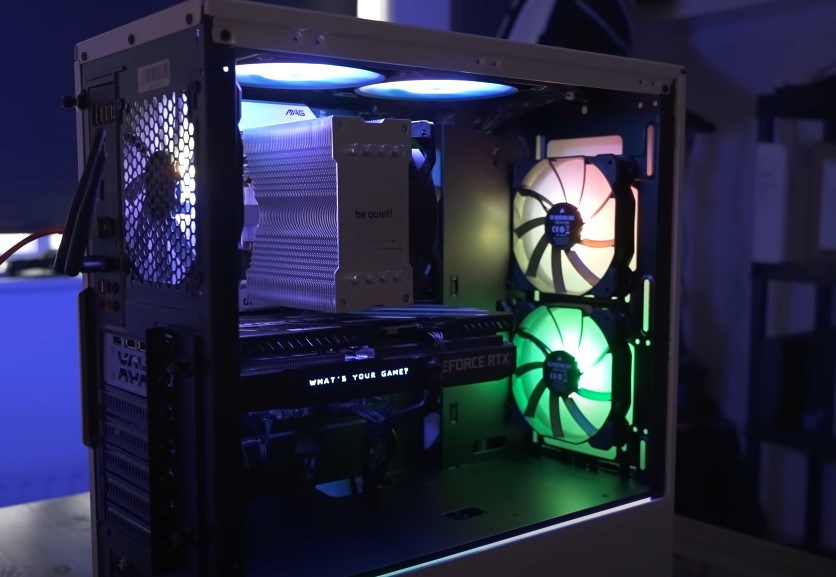Building a gaming PC can be a daunting task, especially when it comes to cost. With so many factors to consider, it can be difficult to know where to start. This article, medCPUs will provide you with a comprehensive overview of the costs involved in building a gaming PC, including the factors that affect cost, specific examples, and helpful tips for saving money.
Factors that Affect Cost
The cost of building a gaming PC can vary widely depending on a number of factors, including:
Components
The components you choose will have the biggest impact on the cost of your build. High-end components will obviously cost more than budget-friendly options. Some of the key components to consider include:
- CPU: The CPU is the brain of your computer, responsible for processing all of the tasks in games. A more powerful CPU will give you better performance, but it will also cost more.
Graphics card (GPU): The GPU is responsible for rendering the graphics in games. A more powerful GPU will allow you to play games at higher resolutions and settings, but it will also cost more. - RAM: RAM provides temporary memory for your computer to run applications and games. Higher RAM capacity will help your computer run smoother, especially when playing demanding games.
- Storage: Storage drives store your operating system, games, and personal data. SSDs offer faster access speeds than HDDs, but they also cost more.
- Motherboard: The motherboard is the main circuit board that connects all of the components in your computer. A high-end motherboard will support more powerful CPUs and GPUs, but it will also cost more.
- Power supply: The power supply provides power to all of the components in your computer. It needs to have a high enough wattage to meet the demands of the other components.
- Case: The case is the computer case that houses all of the internal components. Cases come in a variety of sizes and styles.
- Brand: Popular computer hardware brands tend to be more expensive than lesser-known brands.

Time of purchase
The price of computer hardware can change over time. You can save money by buying components when they are on sale.
Self-assembly or buying a pre-built computer
Self-assembling a PC can save you money, but you need to have knowledge of computer hardware. Buying a pre-built computer is more convenient, but it will cost more.
>>> Read more: How To Build A Laptop? Top Full Guide 2025
Examples of Cost
The cost of building a gaming PC can vary greatly depending on the factors listed above. Here are a few examples of the cost of building a gaming PC with different levels of performance:
- Budget gaming PC: $500-$1000
- Mid-range gaming PC: $1000-$2000
- High-end gaming PC: $2000-$5000
- Enthusiast gaming PC: $5000+
Tips for Saving Money
There are a number of ways to save money on your gaming PC build, including:
- Define your needs and budget: Before you start shopping, it’s important to define your needs and budget. This will help you narrow down your options and make sure you don’t overspend.
- Do your research: Once you know what you’re looking for, it’s important to do your research and compare prices. There are a number of websites that can help you compare prices and find the best deals.
- Buy used components: If you’re on a tight budget, you can save money by buying used components. However, it’s important to be careful when buying used components and make sure they are in good condition.
- Build your own PC: Self-assembling a PC can save you money, but it requires some knowledge of computer hardware. If you’re not comfortable building your own PC, you can always buy a pre-built computer.
- Wait for sales: The price of computer hardware can change over time. You can save money by waiting for sales.

Conclusion
Building a gaming PC can be a rewarding experience, but it can also be expensive. By understanding the factors that affect cost and following the tips in this article, you can save money on your build and get the most out of your investment.
Read also:

Eyal Ephrat serves as the co-founder and CEO of medCPU.com, where technology is making significant strides in the field of medicine. Through his experience in purchasing PC and laptop equipment and various other tech products, Eyal Ephrat contributes valuable insights to medCPU’s mission.
